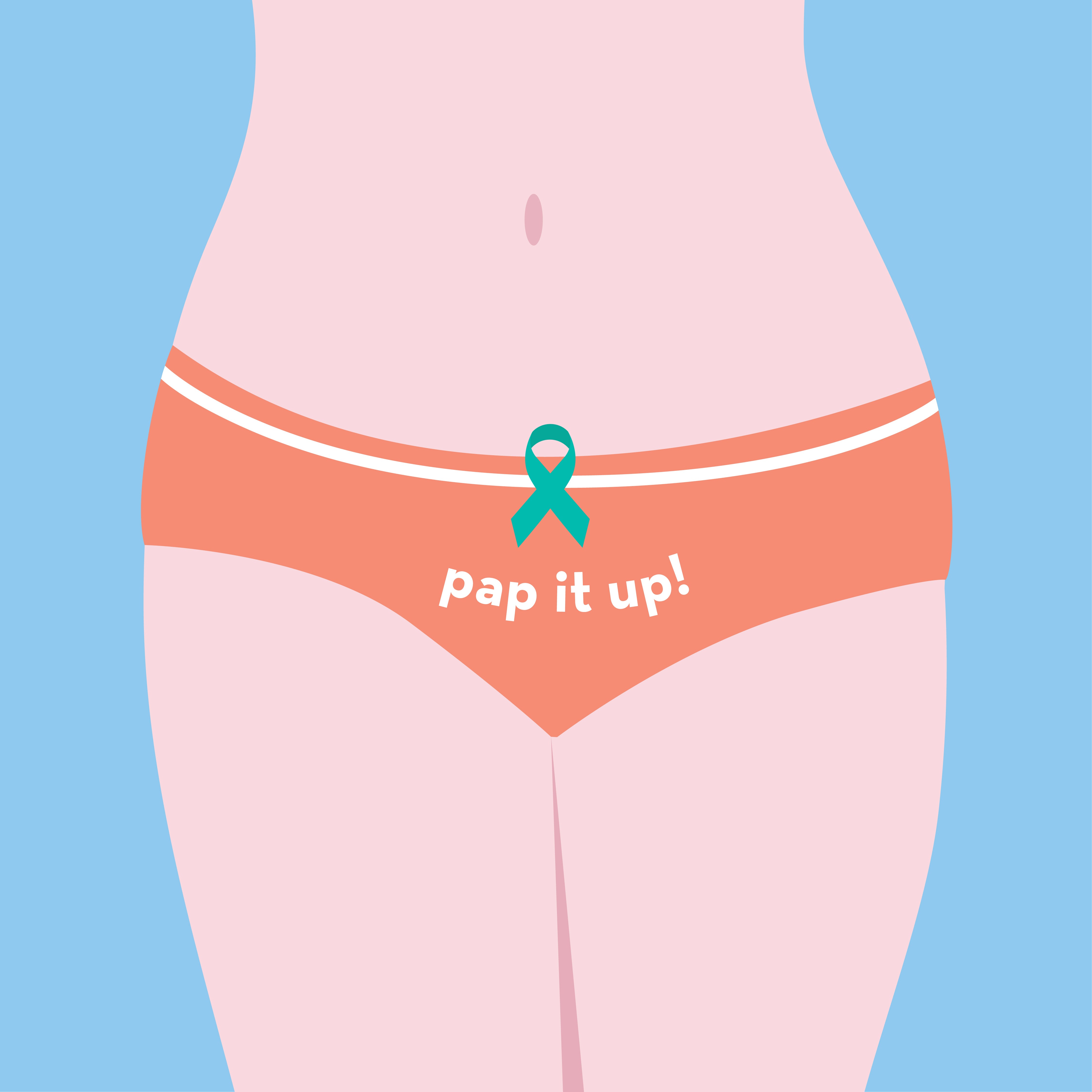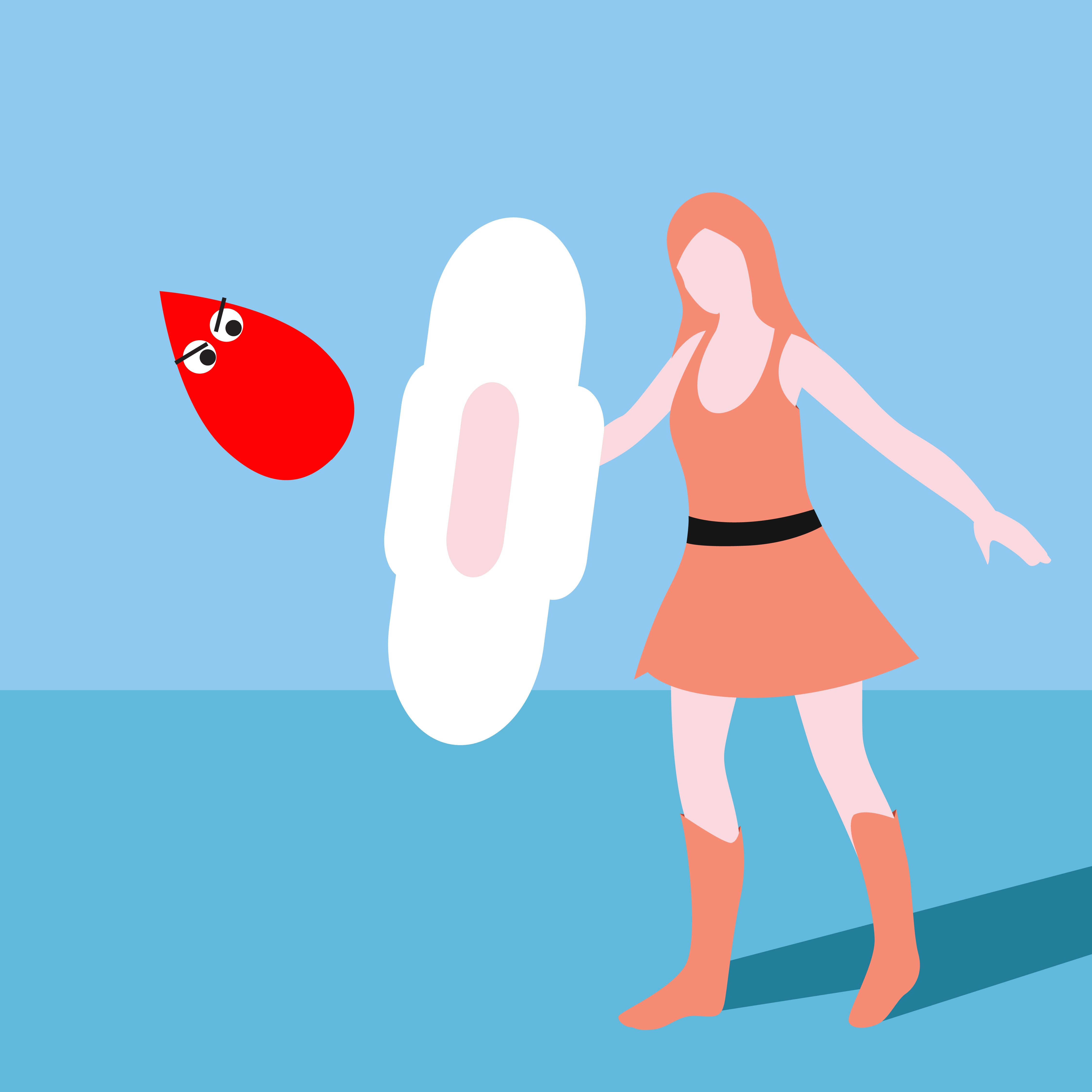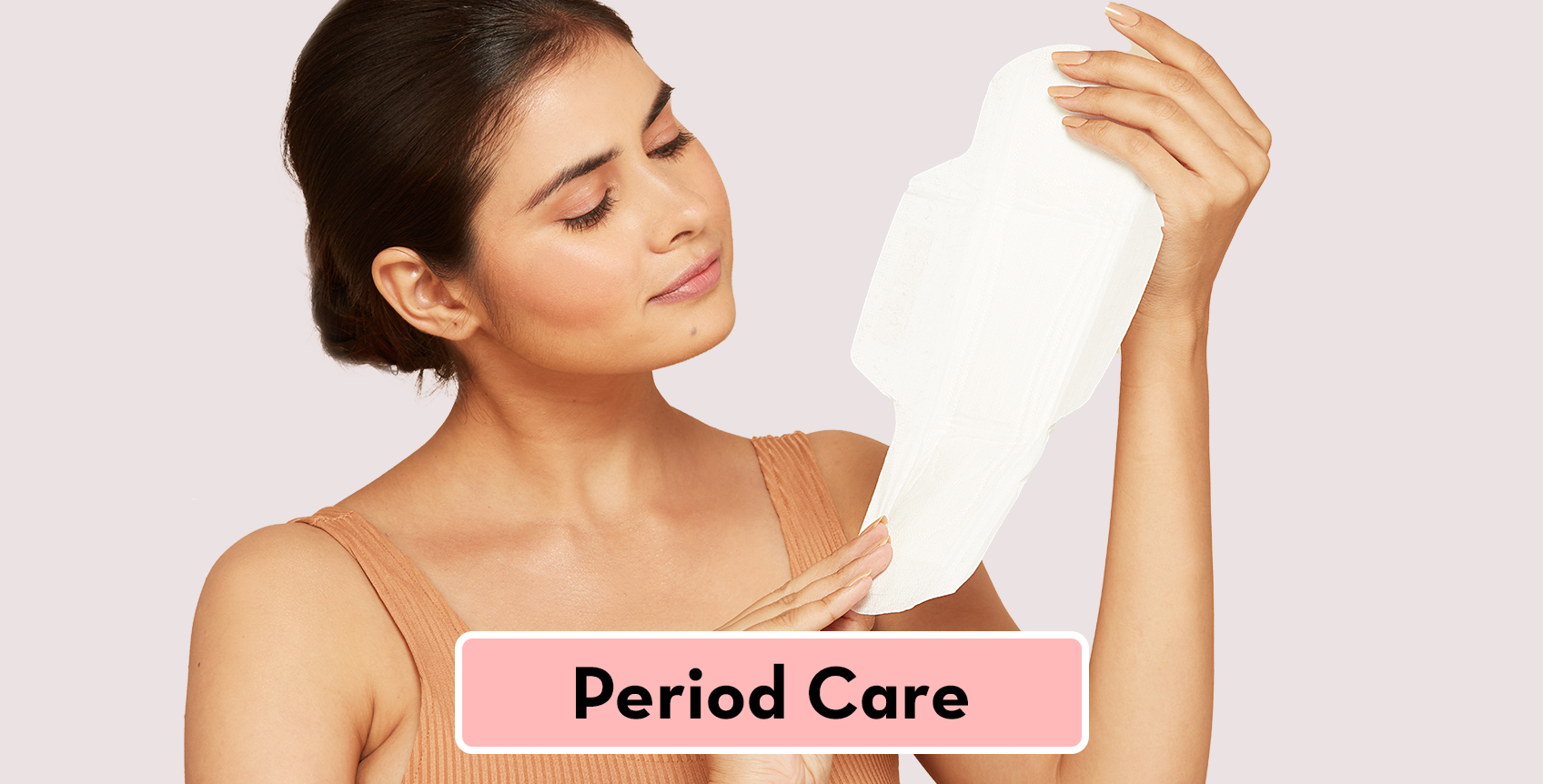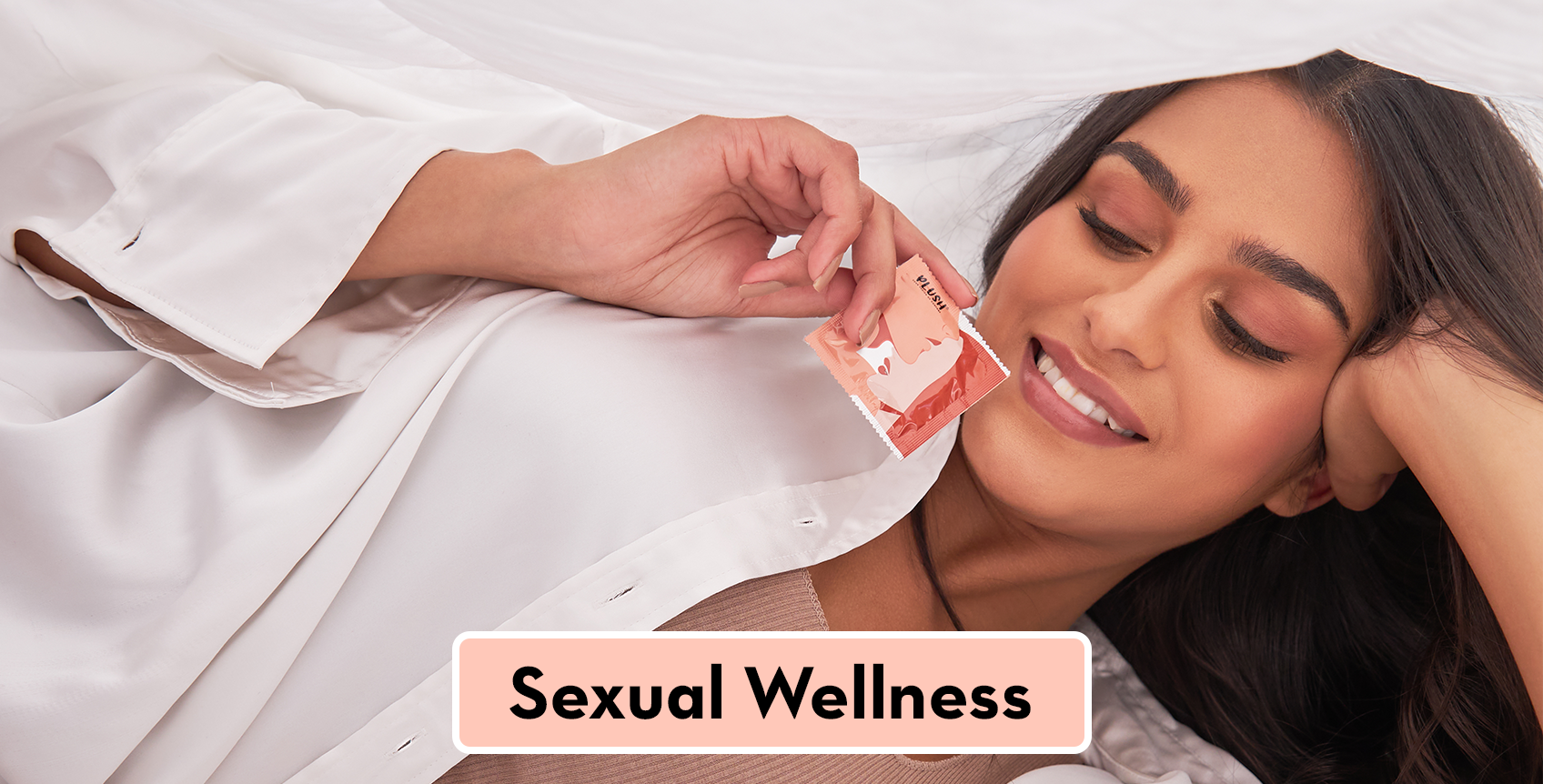PCOD vs PCOS

PCOD and PCOS. As young women, we seem to hear these two words quite frequently and more often than not, they are used interchangeably. What is important to understand is they are both types of Poly Cystic ovaries and they are both actually quite different.
Though quite different, doctors don’t know exactly what causes Poly Cystic ovaries . They believe that it is the high levels of male hormones ( Androgen's ) which prevent the ovaries from producing hormones and making eggs normally.
The main causes of this have been penned down to -
- Genes
- Insulin Resistance
- Inflammation
Poly cystic Ovarian Syndrome :
It is a problem that affects 1 in 10 women of childbearing age. Women with PCOS have hormone imbalance and problems with metabolism that may affect their overall health and well-being. The imbalances in your system may show up as cysts, irregular menstrual cycles, etc. PCOS does not affect only the ovaries, it is an endocrine and metabolic disorder that if goes untreated may cause other problems such as type 2 diabetes, infertility, cardiovascular disorders, obesity, etc as one grows older.
Symptoms :
- Irregular periods
- Excessive hair growth
- Heavy Bleeding
- Weight gain/ Obesity
- Male pattern baldness
Treatment :
There is no treatment as such for PCOS but doctors may suggest either lifestyle changes or medication depending on managing each women's individual concerns such as infertility, acne, weight gain, etc. To regulate your cycle, doctors often also prescribe combination birth control pills containing estrogen and progestin to decrease androgen levels. This may also help deal with infertility.
Poly Cystic Ovary Disease
PCOD is a more common issue affecting 7 out of 10 women. It is not considered a disease as PCOD can be improved by eating healthy and working out frequently. The main cause of PCOD is that the woman has a number of small cysts in her uterus, this causes hormone imbalances. These imbalances cause many problems such as irregular menstrual cycles, acne, increase in weight, etc. Women who have PCOD may have similar symptoms as PCOS, but they retain the ability to ovulate periodically and thus, can conceive successfully.
Symptoms :
- Irregular menstrual cycles
- Weight gain
- Excessive hair growth
Treatment :
PCOD does not have any cure. Treatment methods could entail changes in lifestyle like loss of weight as well as exercise. Birth control medications can help with enhancing the regularity of menstrual periods, excessive growth of hair, as well as acne.
Leave a Message
This site is protected by reCAPTCHA and the Google Privacy Policy & Terms of Service apply.





